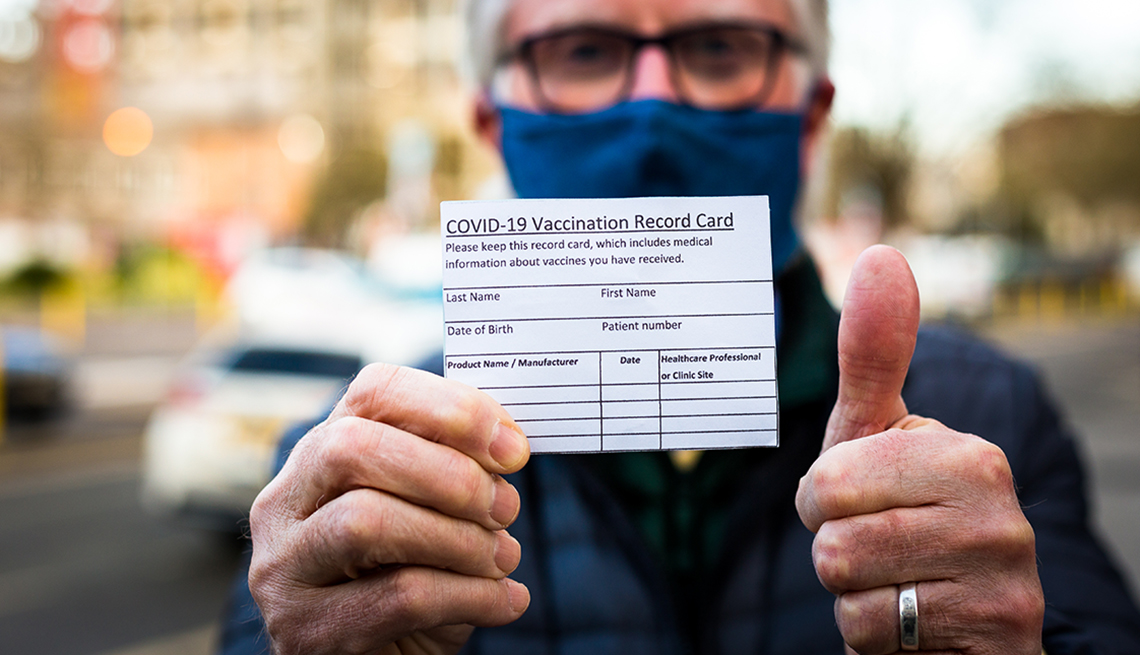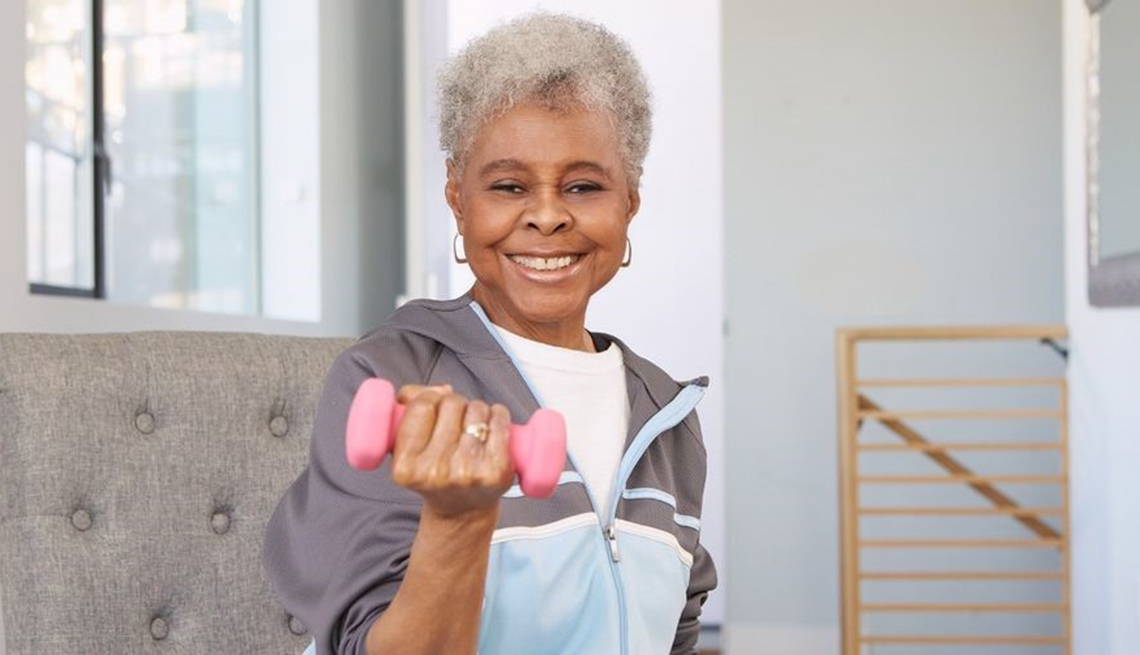
- Select a language for the TTS:
- UK English Female
- UK English Male
- US English Female
- US English Male
- Australian Female
- Australian Male
- Language selected: (auto detect) - EN
Play all audios:
3. YOU COULD INFECT SOMEONE ELSE There’s also a small chance that you could get infected with the virus and not even realize it, and then you could transmit it to someone who is not
vaccinated, says Kristen Marks, M.D., an infectious disease specialist at New York-Presbyterian/Weill Cornell Medicine who leads COVID-19 vaccine trials. Researchers are still studying
whether the vaccines prevent the asymptomatic spread of the virus, she says. Early data indicates that they likely do, and the CDC’s Walensky pointed to this as a reason for the agency’s
updated mask guidance for vaccinated individuals. Still, research is ongoing. 4. YOU CAN VISIT FRIENDS AND FAMILY After a year-plus of keeping a distance from friends and family, fully
vaccinated people can gather indoors or outdoors with others, without wearing masks or physical distancing, the CDC says. That means you can visit (and hug!) your unvaccinated children and
grandchildren. What’s important is to keep unvaccinated households from mingling, since “prevention measures are still recommended for unvaccinated people,” the CDC says. 5. YOU DON’T HAVE
TO QUARANTINE AFTER EXPOSURE You do not have to quarantine or get tested after an exposure to someone with the coronavirus, as long as you aren’t experiencing any symptoms, the CDC says. If
you develop a cough, fever, shortness of breath, diarrhea or other symptoms of COVID-19, however, you should get tested. 6. YOU SHOULD KEEP YOUR VACCINE RECORD CARD HANDY In the future, you
may need proof of vaccination to travel, work in certain industries or attend large events, Parikh says. Several other countries already have a validation system in the works, and a number
of private companies in the U.S. are working on creating a digital passport that would include your vaccination status. “Obviously, your vaccine card is your main proof right now,” Parikh
adds. Your card may also come in handy to confirm which vaccine you received, and when you received it, if a booster dose is required. If you didn’t hang on to your card, the provider that
administered your vaccine should have an electronic or paper record of it. 7. PACK YOUR BAGS: YOU CAN TRAVEL Because people who are fully vaccinated are less likely to get and spread
COVID-19, they can now travel “at low risk to themselves” in the U.S., the CDC says. Fully vaccinated travelers do not need a coronavirus test before or after domestic travel, unless
required by their destination. They also don’t need to self-quarantine after a trip. When it comes to international travel, fully vaccinated individuals do not need to get tested before
leaving the U.S., unless required by their destination. However, a negative test is required before returning to the States. What’s more, fully vaccinated travelers do not need to
self-quarantine following international travel.



:max_bytes(150000):strip_icc():focal(319x0:321x2)/people_social_image-60e0c8af9eb14624a5b55f2c29dbe25b.png)




